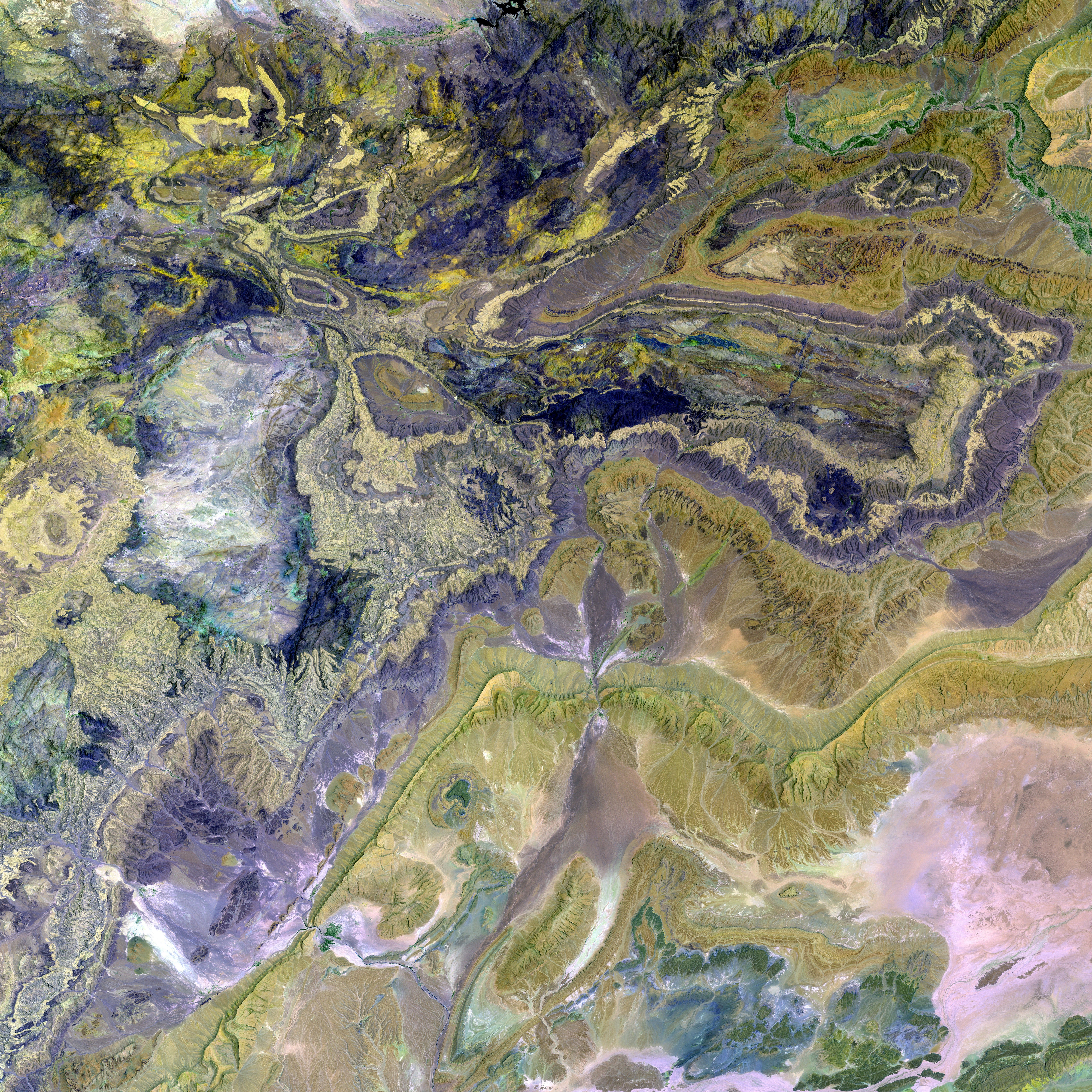The Heat's On: Romania's Audiovisual Council and the Firestorm over Freedom of Expression
Controversy surrounds Romania's media regulator as it deletes a video suggesting Calin Georgescu's election ban is akin to a coup.
The National Audiovisual Council (CNA), who oversees TV and media in Romania, is currently under the spotlight due to a controversial decision that has sparked a blaze of debate about freedom of expression and censorship. The fuse was lit when CNA ordered the removal of a video featuring a journalist questioning the decision of the Central Electoral Bureau to disqualify pro-Russian politician Călin Georgescu from the presidential race, branding it as a coup d'état.
This controversial move was made on the Marius Tucă Show, a popular YouTube channel that often discusses Georgescu’s case, with guests like former prime minister and presidential candidate Victor Ponta. Tucă’s channel has become a target in a renewed push against online disinformation, spearheaded by Romanian institutions following the cancellation of the 2024 presidential elections.
CNA has previously sued for the removal of clips inciting hatred, violence, or containing severe disinformation, like those from influencer Makaveli. For example, CNA recently demanded the removal of multiple TikTok videos advocating violence against members of the Central Electoral Bureau, created by Georgescu’s fans who claimed they betrayed Romania and should be punished.
The discord didn't stop at the removal of Tucă's video. Georges Simion, a public figure, faced a removal order after delivering a graphic video message on Facebook and TikTok, threatening those responsible for the coup d'état with being skinned alive in a public square. Other opinions critical of journalists were also taken down.
However, the latest removal involving Tucă attracted heavy criticism from high-profile figures. Prime Minister Marcel Ciolacu stated that CNA's decision to remove opinionated material from journalists was a deviation from democracy and the right to free expression. He argued that CNA should respect the fundamental rights enshrined in the Constitution, stating that opinions should never be suppressed.
Similarly, the ruling coalition's candidate for the presidential elections, Crin Antonescu, weighed in, supporting freedom of opinion. He condemned CNA's actions, claiming that one of Tucă's shows was taken down due to his guest's opinions. "Not regulation, but censorship," Antonescu lamented on March 28th.
A related discussion has emerged concerning Vasile Bănescu, a former spokesman for the Romanian Orthodox Church and a CNA member. During the council's meeting regarding Tucă, Bănescu stated that challenging an institution's decisions is not part of a journalist's job description. This remark generated fierce criticism from APADOR-CH, an NGO advocating for human rights, who called for Bănescu's dismissal. The NGO accused him of lacking a basic understanding of freedom of expression and its limits, particularly concerning journalists.
In response, Bănescu stated that his phrase during the CNA meeting was unfortunate, but stopped short of offering any further clarification or apology[1].
radu@romania@our website**
(Photo source: Inquam Photos | George Calin)
Insights from the Enrichment Data:
- CNA's fine thresholds have remained unchanged since 2009, raising concerns about the outdatedness of its regulatory measures and their suitability for the modern media environment[2].
- Romania's media landscape has been subjected to escalating harassment campaigns and verbal attacks, potentially weakening CNA’s ability to safeguard press freedom and prevent censorship during the run-up to elections[3].
- The debate surrounding CNA's role in preserving freedom of expression in Romania is part of a broader conversation on disinformation, media integrity, and the need for transparent and balanced regulatory practices that respect democratic principles while fighting harmful content[2][3].
[1] Romania Insider (2023). CNA Removes Marius Tucă Video; CNA Member Vănescu Defends Council's Intervention on Journalists' Opinions. https://www.romania-insider.com/cna-removes-video-with-marius-tuca_167877.
[2] European Union Agency for Fundamental Rights. (2020). Media pluralism and media freedom in the European Union: a summary of the state of the media in all EU countries. https://fra.europa.eu/sites/default/files/fra_uploads/fra-2020-discussion-paper-media-pluralism-and-media-freedom.pdf.
[3] Reporters Without Borders. (2019). World press freedom index 2019: Romania ranks 48th. https://rsf.org/en/ranking/romania-election-year-disinformation-war-euphoria.
- The controversy surrounding the Romanian National Audiovisual Council (CNA) regarding freedom of expression and censorship continues, especially after the removal of a video posted by Marius Tucă's YouTube channel discussing the disqualification of pro-Russian politician Călin Georgescu.
- In a political landscape focused on war-and-conflicts and general-news, high-profile figures such as Marcel Ciolacu and Crin Antonescu have voiced their agreement with protecting freedom of opinion, criticizing CNA's actions as censorship.
- The debate has expanded to include CNA member Vasile Bănescu, who was accused by APADOR-CH, an NGO advocating for human rights, of lacking an understanding of freedom of expression and its limits, particularly concerning journalists.
- Despite criticism over Bănescu's comments, concerns persist about the suitability of CNA's regulatory measures, which have remained unchanged since 2009, in addressing issues of disinformation and media integrity in the contemporary media environment.






